Thinking about adding CCTV to your property? You’re not alone. Whether it’s a house, a shop, or an office, a good camera system can stop theft, catch accidents, and give you peace of mind. In this guide we’ll walk through the basics – what types of cameras exist, how much they usually cost, and what to look for when you pick a system.
Most people install cameras after a break‑in or a close call. The real benefit is that the presence of CCTV often stops a crime before it happens. It also gives you clear evidence if something goes wrong, making insurance claims easier. For businesses, cameras can monitor staff performance and help meet health‑and‑safety rules. At home, you can check on kids, pets, or a delivery person from your phone.
Another plus is remote access. Modern systems let you view live video on a smartphone, tablet, or PC. You don’t need to be on the premises to know what’s happening. Just open the app, tap a button, and you’re watching in real time. Most apps also send motion alerts, so you only get notified when something moves.
Start with the area you need to cover. A driveway or front door usually needs a wide‑angle lens, while a cash register or safe benefits from a narrow‑focus, high‑resolution camera. Think about lighting too – indoor spots often have enough light, but outdoor cameras may need infrared night vision.
Next, decide on wired vs. wireless. Wired setups give a stable connection and power through the cable, but they require drilling and hidden runs. Wireless kits are easier to install, but they still need power (usually via a plug) and a strong Wi‑Fi signal. If your internet is spotty, a hybrid system with a local recorder can keep footage safe even when the network drops.
Budget matters, but don’t just chase the lowest price. Cheap cameras might have poor image quality, limited storage, or short lifespans. A typical residential system costs between £300 and £1,200, including cameras, a recorder or cloud plan, and installation. Commercial installations can run higher because of more cameras, higher‑grade equipment, and extra cabling.
Installation costs are often the biggest surprise. Professional installers charge per hour (usually £40‑£70) plus travel and materials. If you’re comfortable with DIY, you can save a few hundred pounds, but be sure you follow local regulations – some areas require a notice sign or limit where cameras can point.
Finally, check the storage option. Local DVR/NVR units store video on a hard drive and keep it offline, which is secure but requires physical maintenance. Cloud services store footage on a server and let you access it anywhere, but they involve a monthly fee. Many users blend both: record locally for 30‑days, and upload critical clips to the cloud.
Once you’ve picked a system, test it. Walk through the covered zones, check the live feed, and trigger motion alerts. Adjust angle, focus, and detection zones until you get a clear picture without false alarms. A well‑tuned system saves time and avoids unnecessary notifications.
In short, a good CCTV setup starts with a clear idea of what you want to protect, matches the right camera type to each spot, and balances cost against reliability. Whether you hire an electrician, a specialist installer, or do it yourself, the goal is the same: a reliable set of eyes that work 24/7 so you can focus on what matters most.
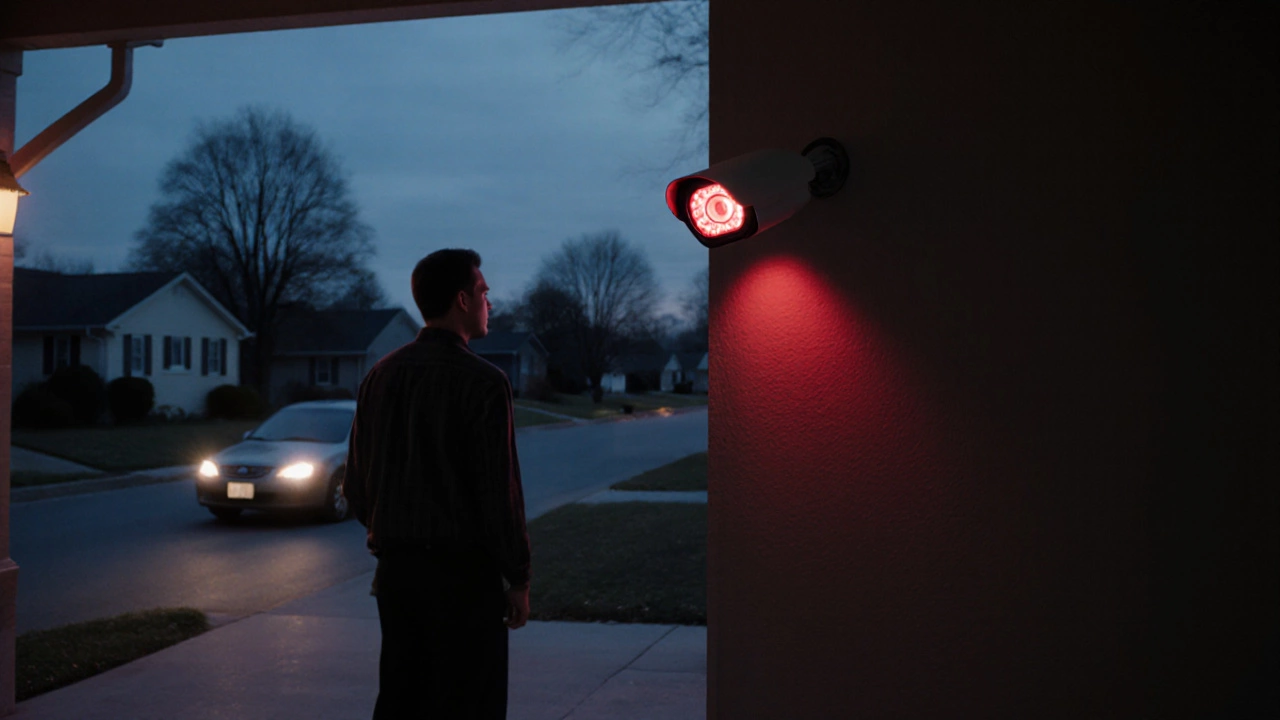
The maximum distance of a CCTV camera depends on resolution, lens, and lighting-not just specs. Learn real-world ranges for recognition, detection, and night vision with 4K and PTZ cameras.
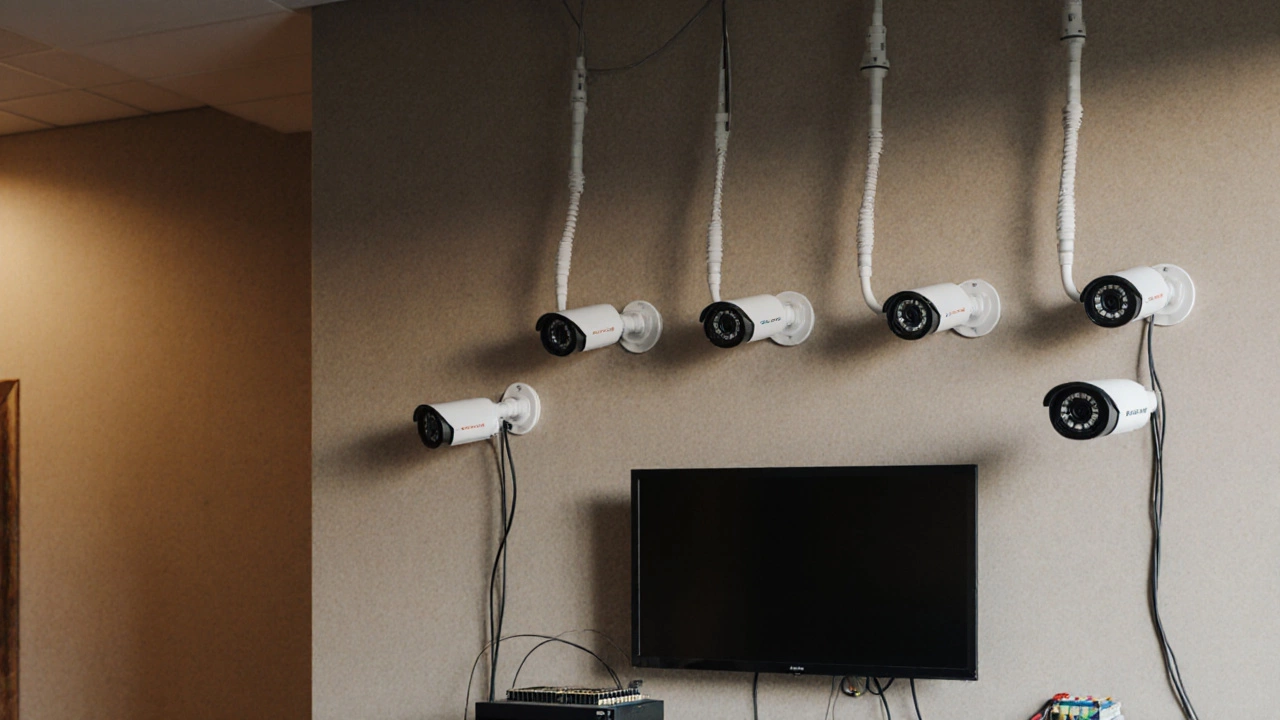
CCTV is a complete surveillance system - not just the camera. Learn the key differences between a CCTV system and a CCTV camera, why the confusion matters, and how to avoid costly mistakes when installing security for your home or business.
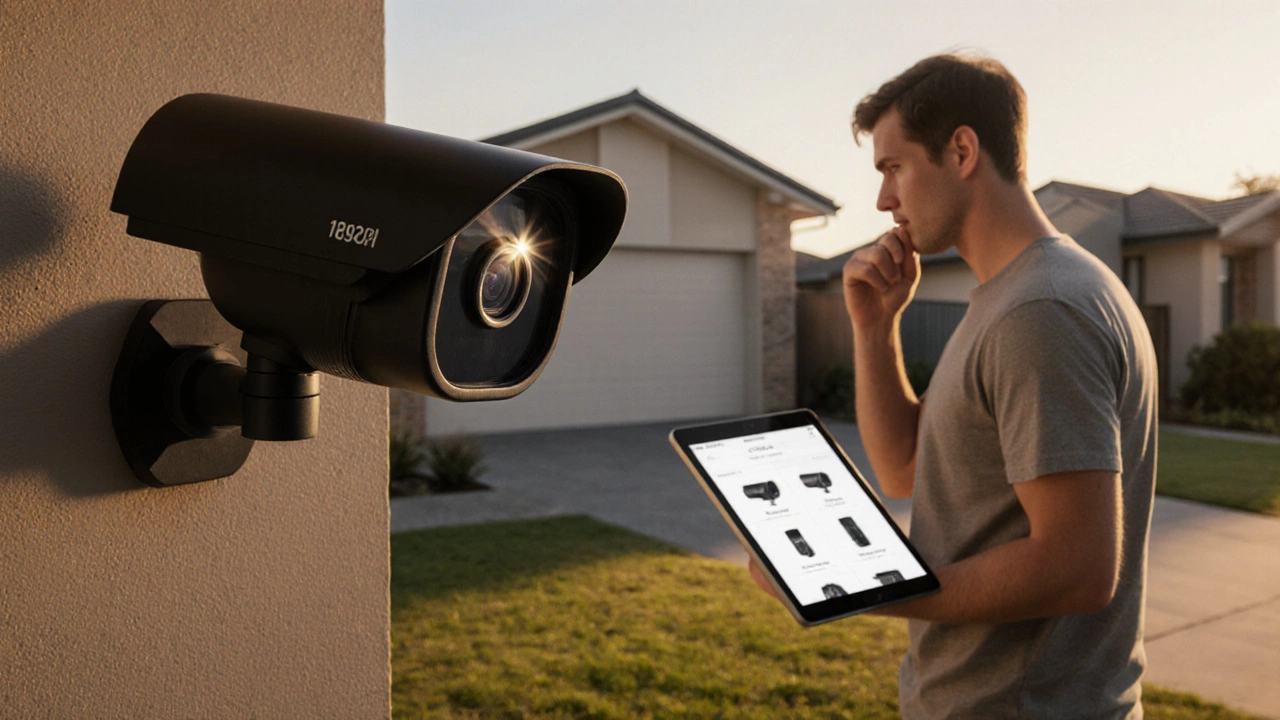
Discover the real cost of home CCTV installation in Adelaide, 2025. Learn price breakdowns, DIY vs professional options, key factors, budgeting tips, and a handy FAQ.
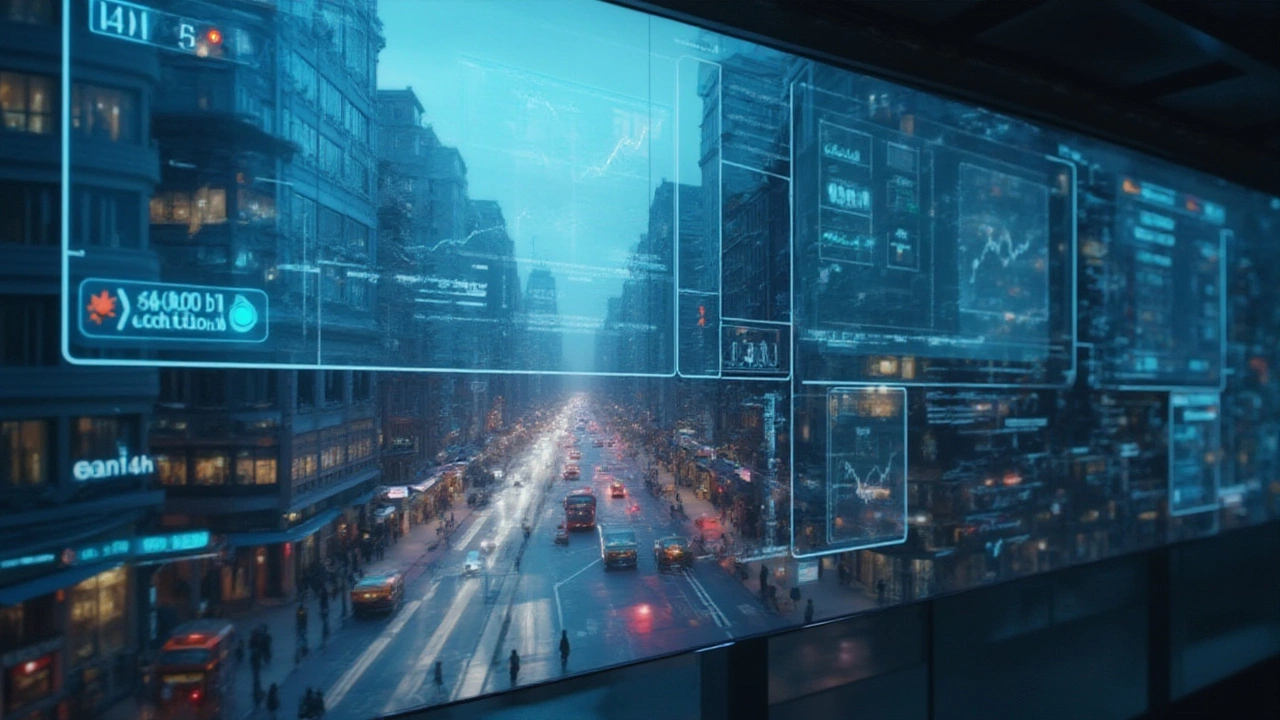
What's the max pay for CCTV operators in 2025? Discover real numbers, top-paying sectors, and tips to boost your earnings if you're working with surveillance cameras.
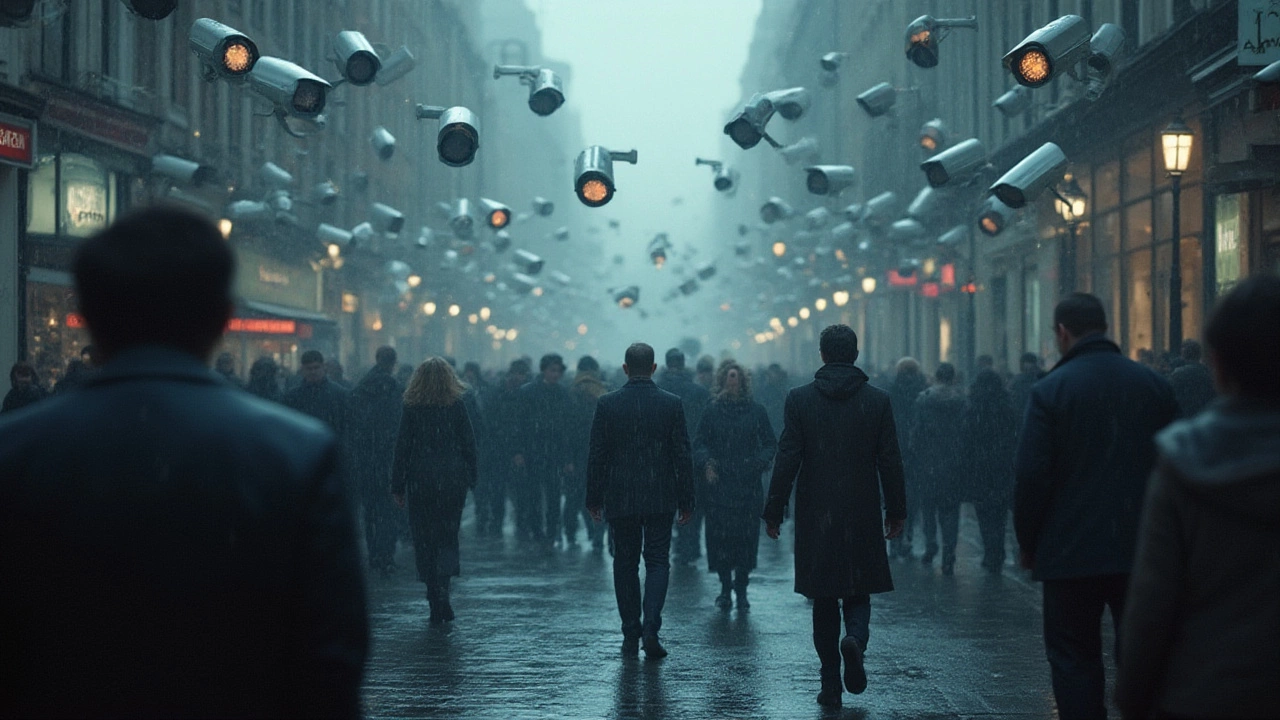
Explore the hidden downsides of CCTV: privacy concerns, high costs, and hidden risks you probably haven't considered.
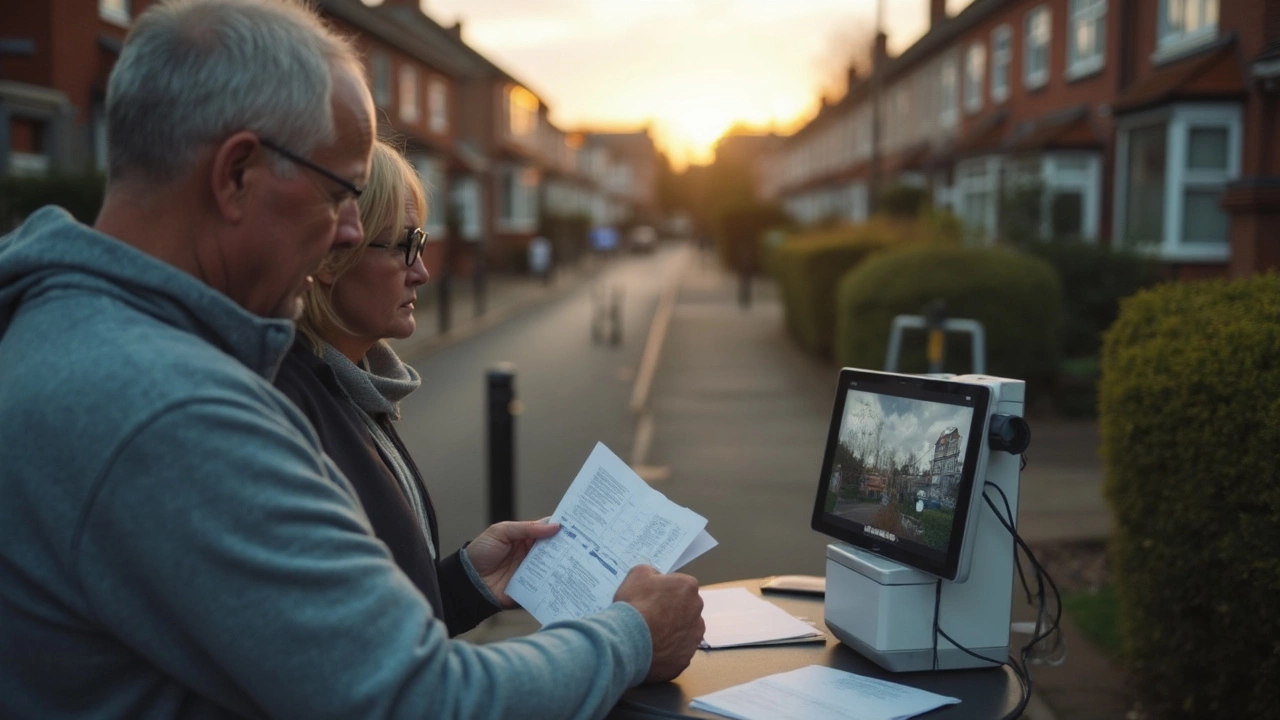
Thinking about setting up CCTV outside your house? This guide explains what you need to know before you start drilling holes and mounting cameras. Learn about the legal stuff, what systems actually cost, and practical tips for an easy install. There’s a lot more to consider than just pointing a camera at your driveway. This article breaks it all down in plain language, so you avoid common mistakes and useless expenses.
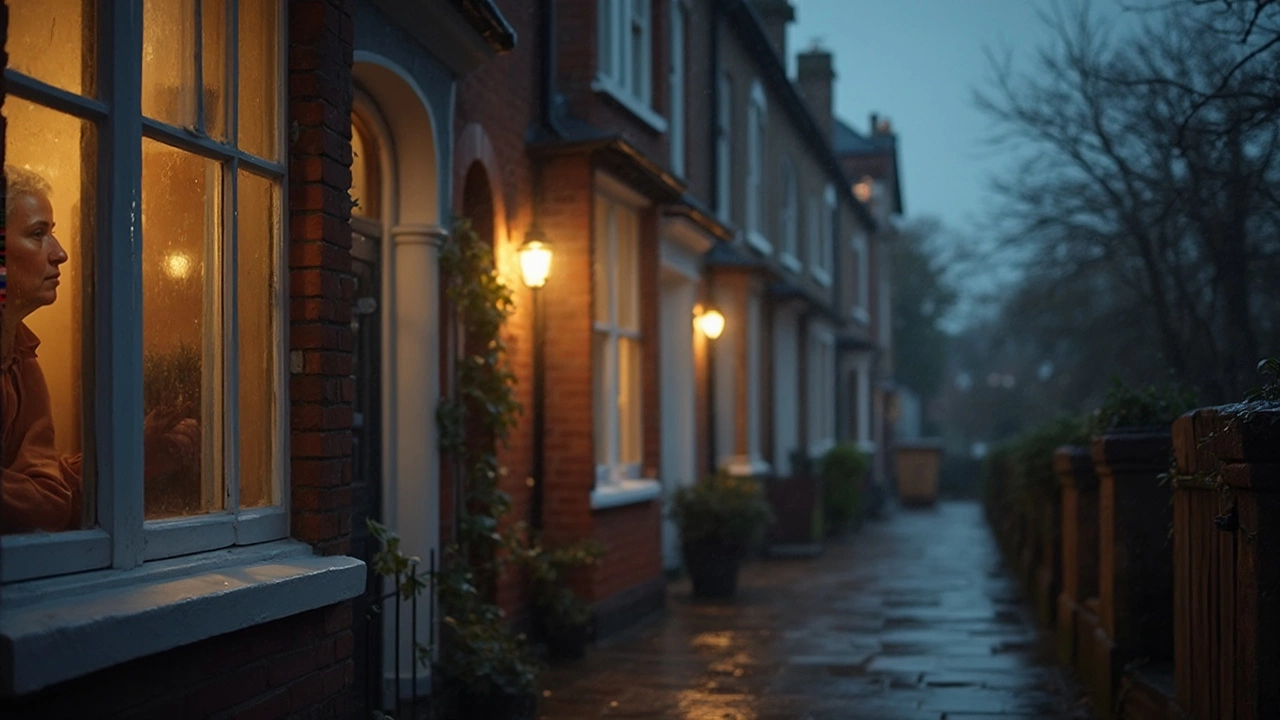
Wireless security cameras sound like they should work without internet, right? It’s not quite that simple. This article breaks down when you actually need internet for your wireless cameras, what you can do with or without it, and where you might run into problems. We’ll also look at a few sneaky tips for getting the most from your setup. If you’re wondering if you can cut the cord and still keep an eye on things, read on.
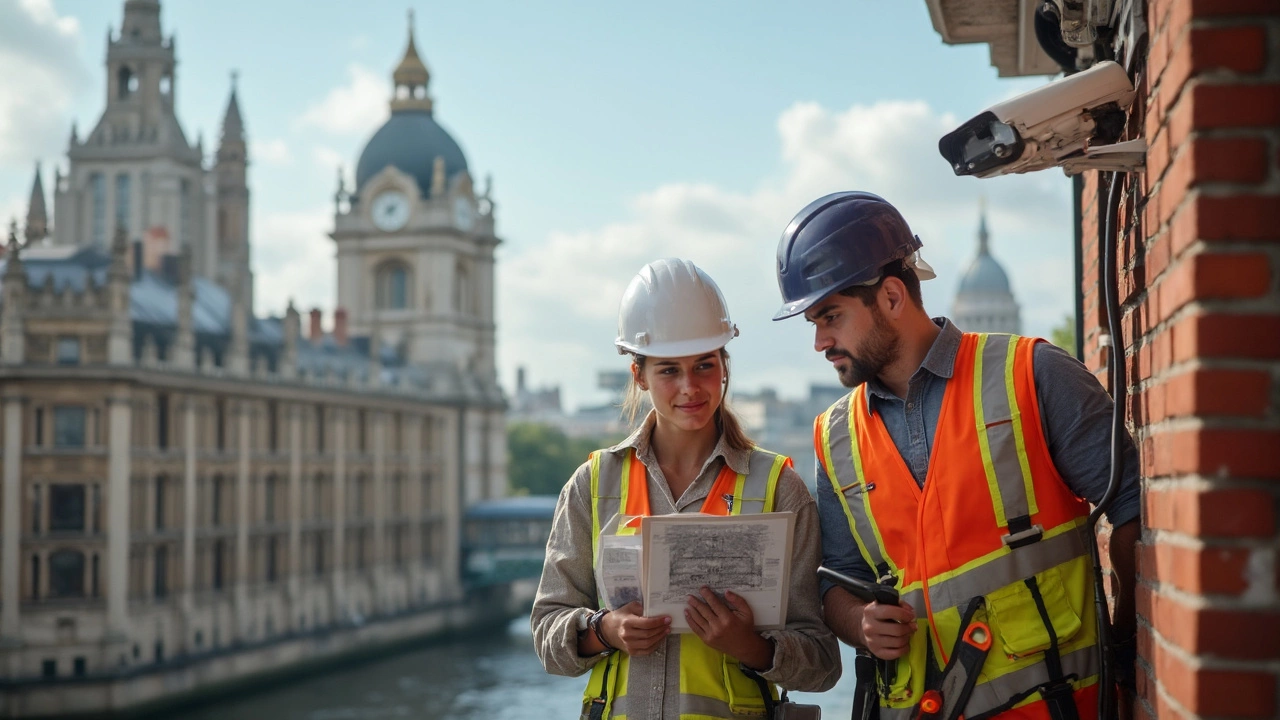
Curious how much a CCTV technician earns in the USA? This article breaks down real salary numbers, key factors that impact pay, and where techs earn the most. You’ll find practical tips if you’re thinking of joining the field. Get insights into hourly rates, annual income, and extra perks that often go unmentioned. Perfect for anyone considering a career in security camera installation or simply curious about costs.
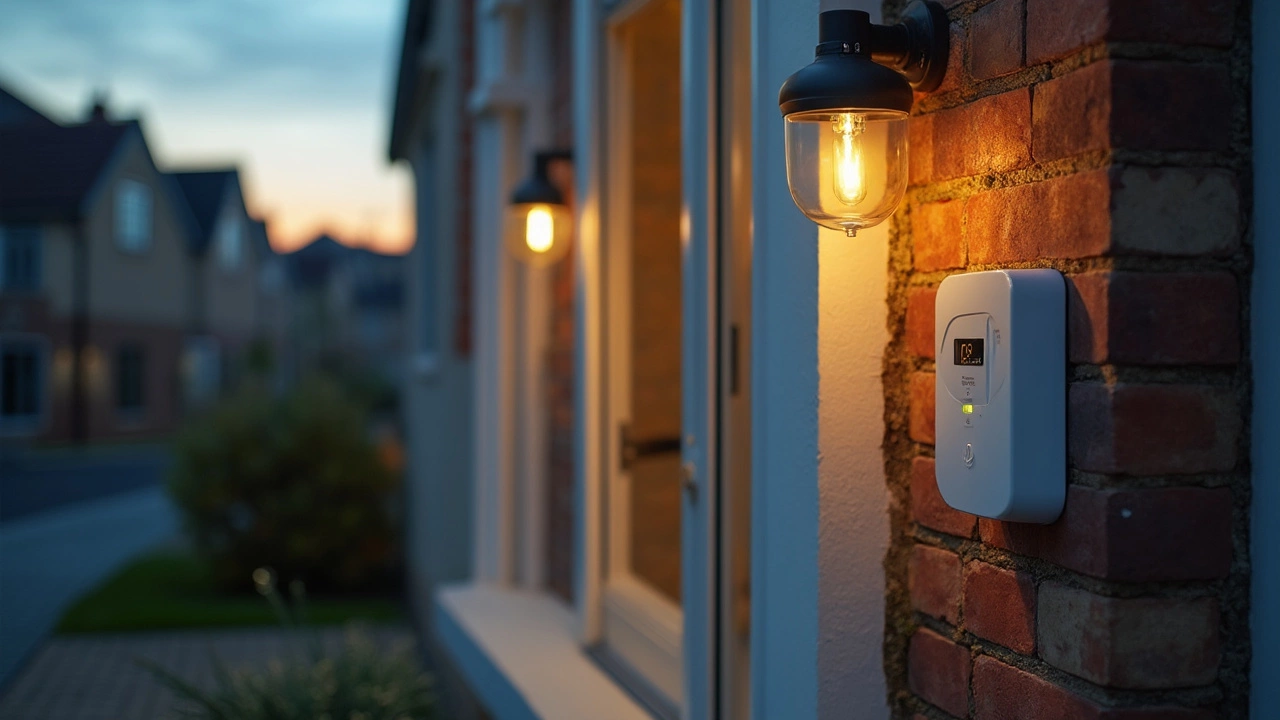
Got a new CCTV system or thinking about installing one? Don't let electricity costs catch you off guard. This article breaks down exactly how much power typical CCTV cameras use, what that means for your bill, and factors that affect energy usage. You'll get clear numbers, handy tips to keep costs low, and a few surprises about smarter installations. Make a smart choice for your safety and your wallet.
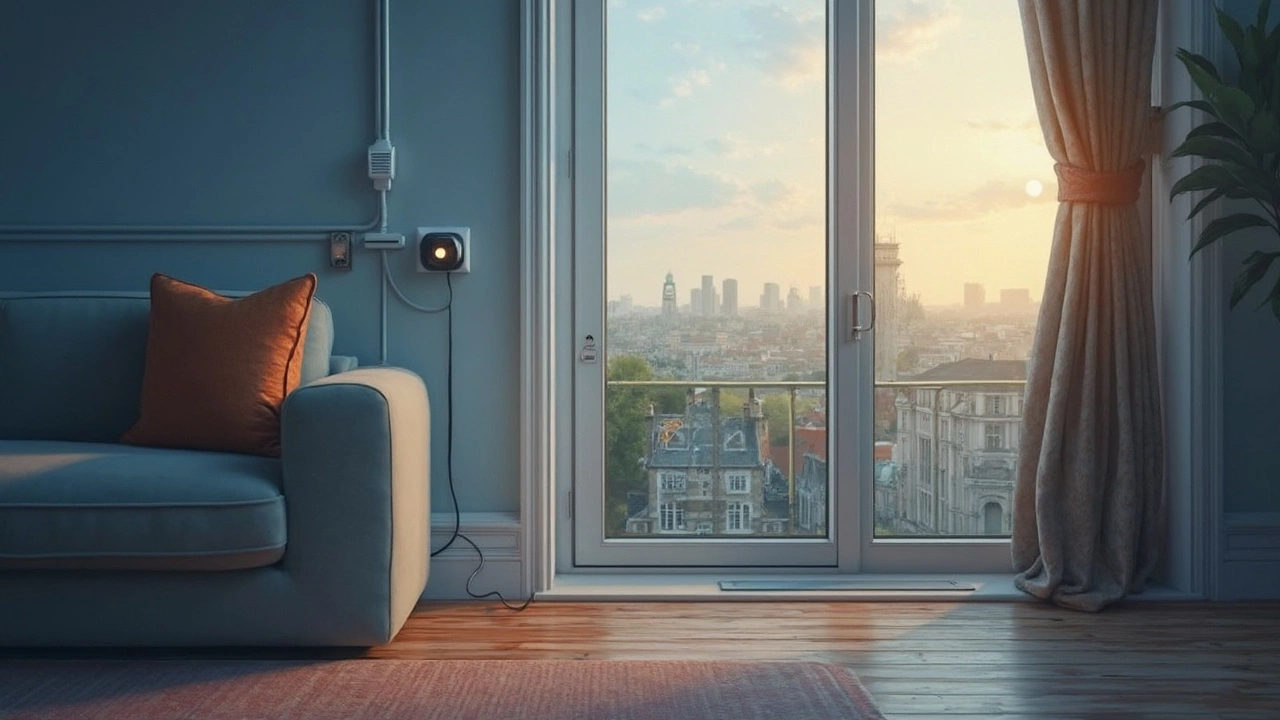
A lot of people assume wireless cameras and WiFi cameras are the same, but that’s not true. This article explains how these two types of cameras work, their differences in connections, power, and setup, and what you should consider when choosing for your home or business. You'll find practical tips to avoid common mistakes when shopping for a CCTV kit. By the end, you'll know which camera fits your needs best and how to get the most out of your security system.
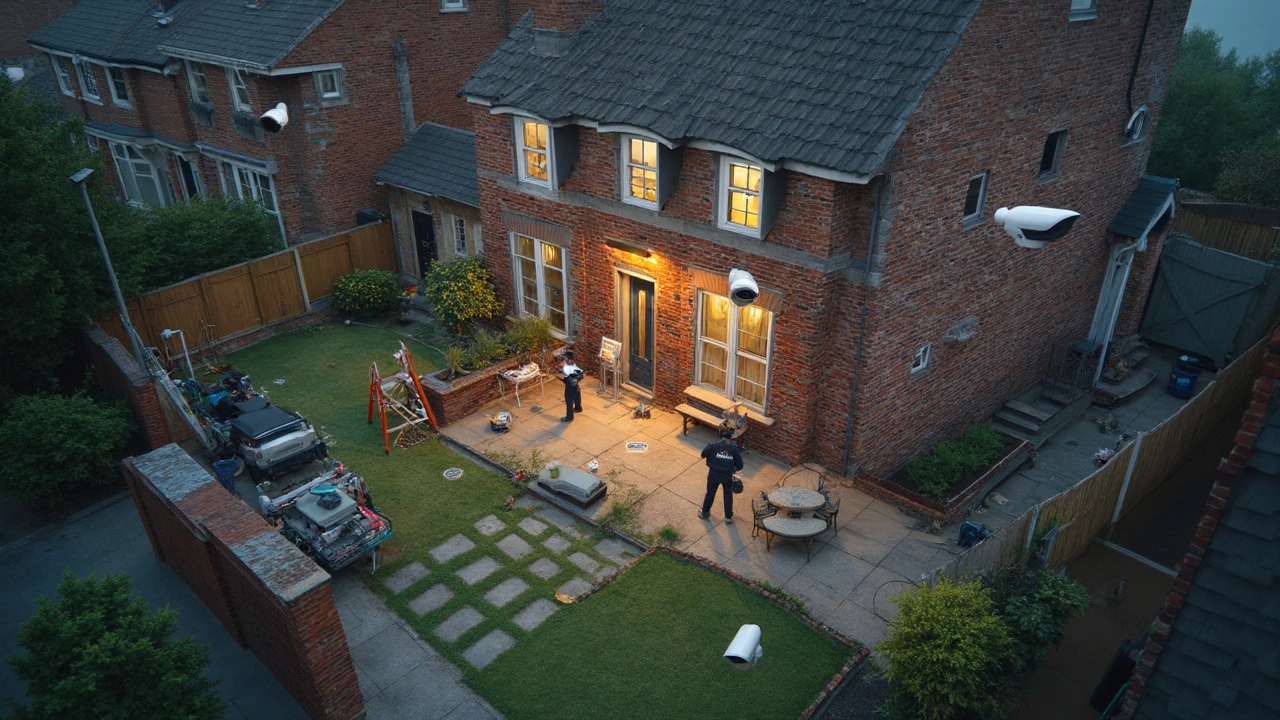
CCTV installation often comes with a bigger price tag than most folks expect. This article breaks down what drives the cost up, from the price of cameras to labor and ongoing maintenance. Learn which choices eat up your budget and discover tips to get solid security without overspending. Real-world examples keep it practical, not just theoretical. The article also covers common mistakes people make when buying CCTV setups.
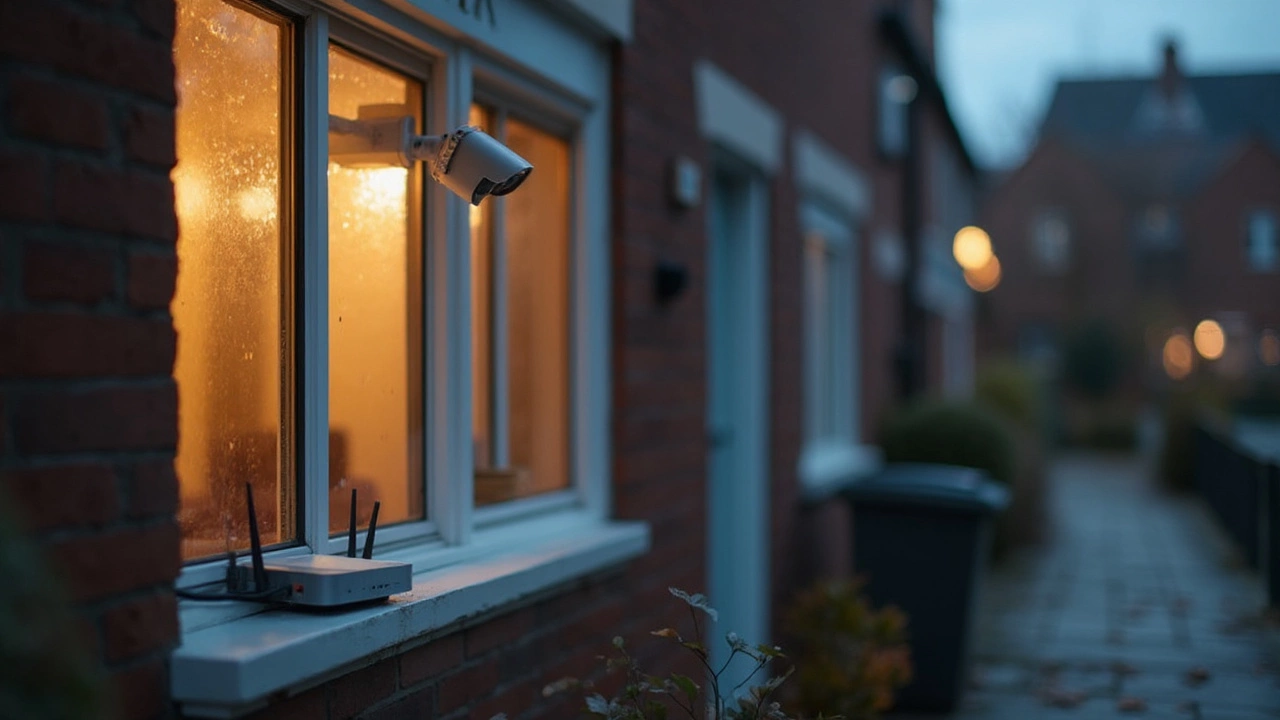
Wondering if a CCTV camera can work without internet? You’re not alone. This article breaks down what actually happens when you pull the plug on WiFi yet still want reliable surveillance. Find out which features keep recording even offline, what you lose without internet, and clever ways to store footage safely. Get straight answers and handy tips that make setting up a wireless CCTV kit easier than you think.